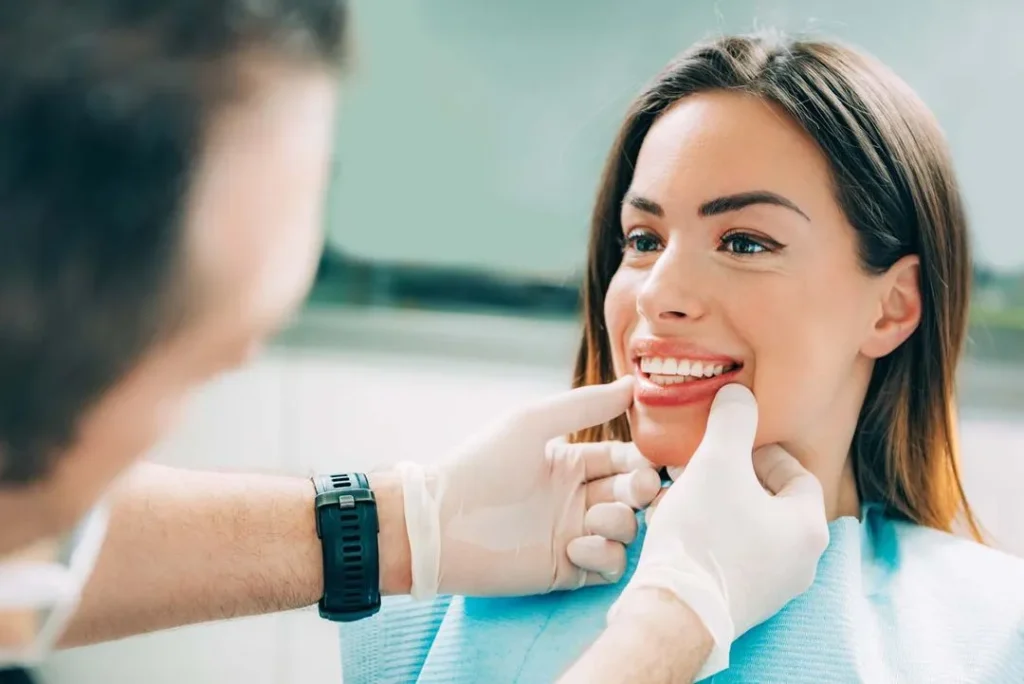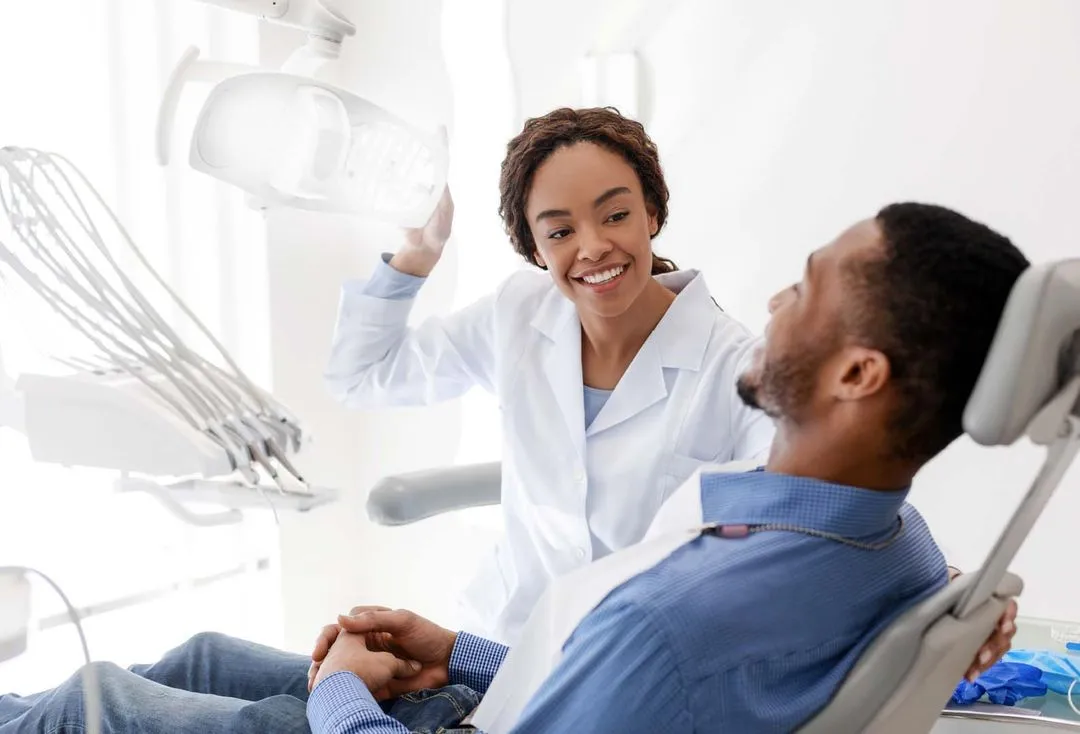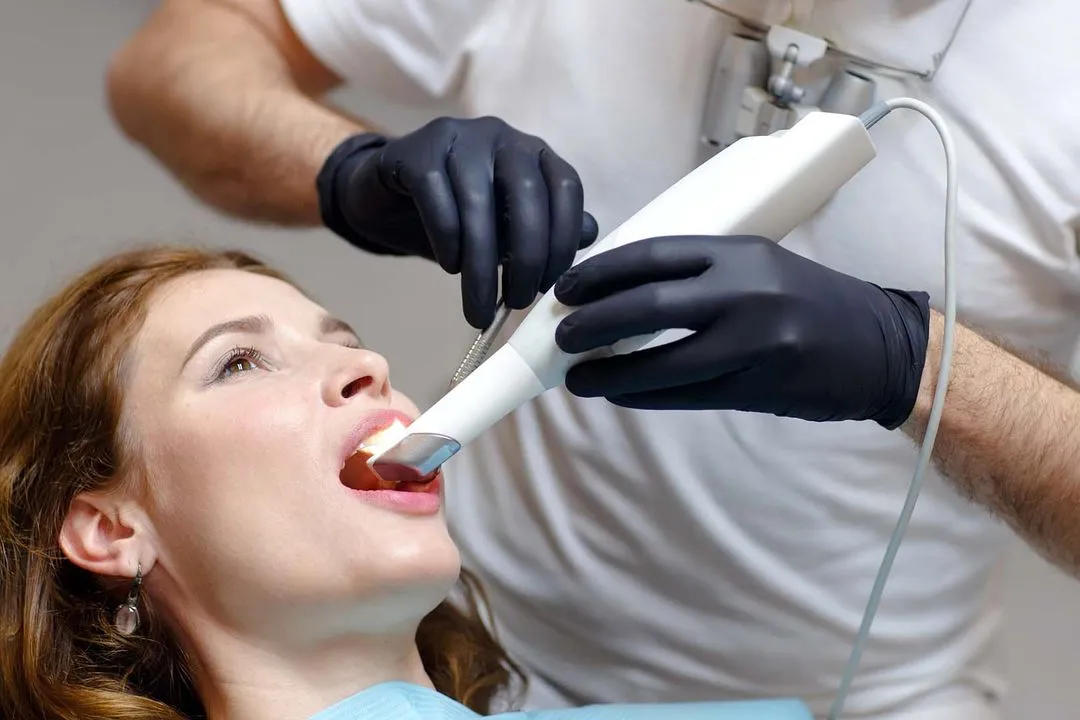

Receding Gums Treatment in Greater Atlanta, Sandy Springs, and Buckhead
Proud Smiles: Expert Care for Receding Gums
At Proud Smiles in Sandy Springs, Dr. Radha Patel and her experienced team are dedicated to providing comprehensive care for receding gums. Receding gums can be a common dental issue, leading to tooth sensitivity, increased risk of decay, and aesthetic concerns. We offer personalized treatment plans to address this condition and restore your oral health.

What Are Receding Gums?
Receding gums, or gingival recession, occur when the gum tissue surrounding the teeth pulls back, exposing more of the tooth or its root. This can result in gaps forming between the teeth and gum line, making it easier for disease-causing bacteria to build up. If left untreated, the supporting tissue and bone structures of the teeth can be severely damaged, ultimately leading to tooth loss.
Causes of Receding Gums
Several factors can contribute to receding gums, including:
- Periodontal Disease: Bacterial gum infections that destroy gum tissue and the bone that supports your teeth.
- Genetics: Some individuals are more susceptible to gum disease due to their genetic makeup.
- Aggressive Brushing: Brushing your teeth too hard or with a hard-bristled toothbrush can wear down the enamel and push gums back.
- Poor Oral Hygiene: Inadequate brushing, flossing, and rinsing can lead to plaque buildup, contributing to gum recession.
- Tobacco Use: Smoking or chewing tobacco can damage your gums and lead to gum recession.
- Hormonal Changes: Fluctuations in hormones, such as during pregnancy, menopause, or puberty, can make gums more sensitive and vulnerable to recession.
- Misaligned Teeth: Crooked teeth or a misaligned bite can put extra pressure on the gums, causing them to recede.
- Grinding and Clenching: Habitual grinding or clenching of teeth can exert too much force on the teeth, leading to gum recession.
Symptoms of Receding Gums
Identifying the early signs of receding gums can help prevent further damage. Common symptoms include:
- Sensitivity to hot, cold, or sweet foods and beverages
- Teeth appearing longer than usual
- Visible gaps between teeth and gum line
- Red, swollen, or bleeding gums
- Bad breath or a persistent bad taste in the mouth
If you notice any of these symptoms, it’s important to seek dental care promptly to prevent further complications.
Treatment Options for Receding Gums
At Proud Smiles, we offer several effective treatments for receding gums, tailored to each patient’s needs and the severity of the condition.
Scaling and Root Planing
This deep-cleaning procedure involves removing plaque and tartar from the surface of the teeth and roots. It helps to clean the areas beneath the gum line and smooth out the roots to prevent bacteria from accumulating.
Gum Grafting
For more severe cases, gum grafting may be necessary. This surgical procedure involves taking tissue from another part of the mouth and attaching it to the affected area to cover the exposed roots and restore the gum line.
Pinhole Surgical Technique
This minimally invasive procedure involves making a small hole in the gum tissue and using special instruments to loosen the tissue and reposition it over the exposed roots. It provides immediate results with minimal discomfort and downtime.
Laser Therapy
Using advanced dental lasers, we can effectively treat gum disease and promote the regeneration of healthy gum tissue. Laser therapy is less invasive, reduces bleeding and swelling, and promotes faster healing.
Preventing Receding Gums
Maintaining good oral hygiene is key to preventing receding gums. Here are some tips:
- Brush your teeth gently with a soft-bristled toothbrush twice a day.
- Floss daily to remove plaque from between your teeth and under the gum line.
- Use an antimicrobial mouthwash to reduce bacteria.
- Visit your dentist regularly for check-ups and cleanings.
- Avoid tobacco products and manage stress to reduce teeth grinding and clenching.
Schedule a Consultation Today
If you are experiencing symptoms of receding gums, don’t wait to seek treatment. Schedule a consultation with Dr. Radha Patel at Proud Smiles in Sandy Springs. Our team is here to provide you with personalized care and effective treatment options to restore your gum health.
Accepting New Patients and Emergency Appointments Welcome!
Join our family at Proud Smiles.
We’re committed to providing compassionate, expert dental care in a welcoming environment. Schedule your appointment today and let us help you achieve the healthy, beautiful smile you deserve.
Before our calendar fills up!


